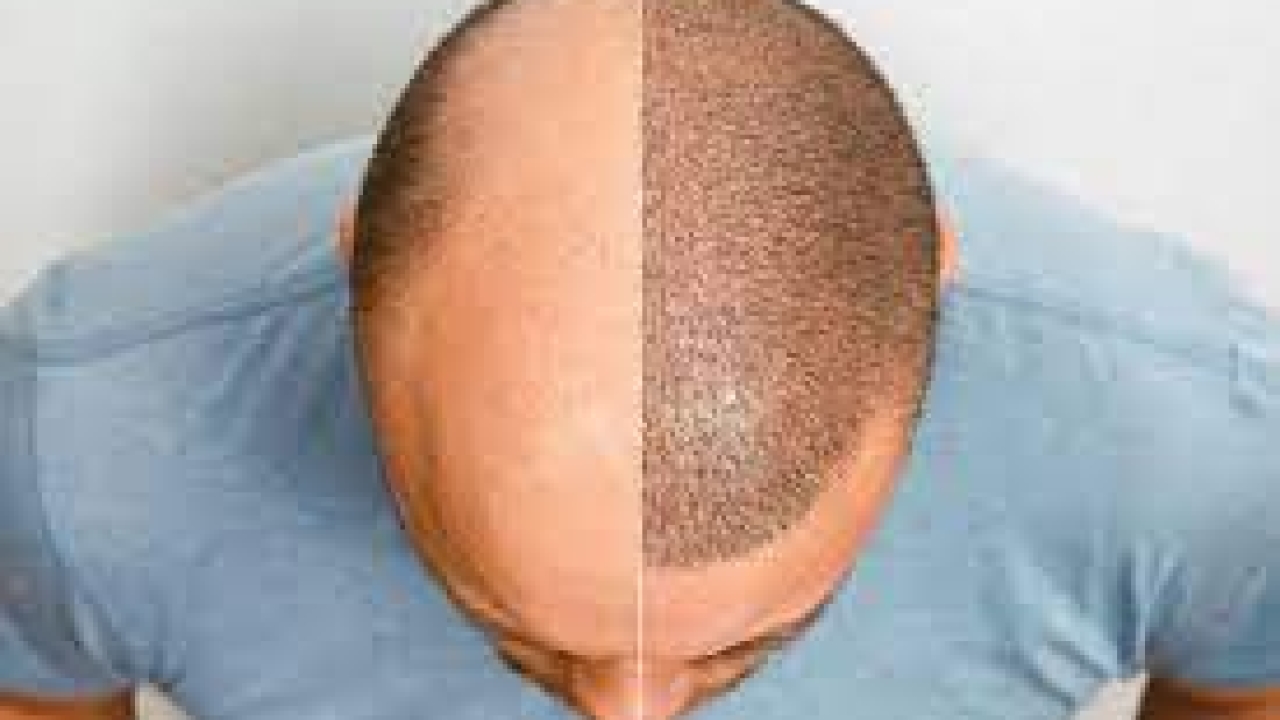New blog posts
Warum GoodWe in Leipzig die Vorreiterrolle für erneuerbare Energien einnimmt
14 September, 2024 by Evionyx Solar
Die Zukunft der Energiegewinnung ist grün,...

Find Old Tractors at Affordable Rates to Enhance Your Farm’s Productivity
13 September, 2024 by tractor factory
Are you a farmer looking to boost your...

Find Old Tractors at Affordable Rates to Enhance Your Farm’s Productivity
13 September, 2024 by tractor factory
Are you a farmer looking to boost your...
Web Directory
Hair Transplants: Choosing the Right Surgeon
Posted on 14 September, 2023 by Royal Enfield Clinic Abu Dhabi

Introduction
Hair loss can be a distressing experience for many individuals, impacting self-esteem and confidence. Fortunately, advancements in medical science have made hair transplants an effective and increasingly popular solution. However, the success of a hair transplant largely depends on the skills and expertise of the surgeon performing the procedure. Choosing the right surgeon is a crucial step in achieving natural-looking, long-lasting results. In this article, we will explore the factors to consider when selecting a hair transplant in Abu Dhabi surgeon.
1. Credentials and Qualifications
The first and most essential factor in choosing a hair transplant surgeon is their credentials and qualifications. A qualified surgeon should have formal training in hair restoration procedures. Look for degrees in dermatology, plastic surgery, or related fields. Additionally, check if the surgeon is a member of reputable professional organizations like the International Society of Hair Restoration Surgery (ISHRS) or the American Board of Hair Restoration Surgery (ABHRS). Membership in these organizations often indicates a commitment to upholding high standards in the field.
2. Experience and Specialization
Experience plays a pivotal role in a surgeon's ability to deliver successful hair transplant results. Inquire about the surgeon's experience with the specific technique you're considering, whether it's Follicular Unit Extraction (FUE) or Follicular Unit Transplantation (FUT). Surgeons who specialize in hair restoration tend to have a more refined skill set, so seek out those who have performed numerous procedures.
3. Before and After Photos
A reputable hair transplant surgeon should have a portfolio of before and after photos showcasing their previous work. Examining these photos allows you to assess the surgeon's ability to create natural-looking results. Pay attention to the density, hairline design, and overall aesthetic of the transplants in these images.
4. Patient Reviews and Testimonials
Patient reviews and testimonials provide valuable insights into the surgeon's practice. Browse online forums, review websites, and social media platforms to gauge patient satisfaction. Pay attention to both positive and negative reviews, as they can offer a more balanced perspective. Additionally, ask the surgeon for references to directly contact previous patients if possible.
5. Consultation and Communication
A thorough consultation with the surgeon is a critical step in the decision-making process. During the consultation, discuss your goals, concerns, and expectations. The surgeon should assess your hair loss pattern, donor area, and overall candidacy for the procedure. Effective communication is key; you should feel comfortable asking questions and discussing any doubts.
6. Surgical Facility and Technology
The quality of the surgical facility and the technology used can significantly impact the outcome of the procedure. Ensure that the surgeon operates in an accredited, well-equipped facility with a sterile environment. Advanced tools and techniques, such as robotics and microscopes, can enhance the precision and success of the transplant.
7. Pricing and Transparency
Hair transplant costs can vary widely depending on factors like the extent of hair loss and the chosen technique. While cost is a consideration, it should not be the sole determining factor. Be wary of unusually low prices, as they may reflect the quality of the surgeon's work or the use of unskilled staff. A transparent pricing structure that includes all associated costs is preferable.
8. Ethics and Honesty
An ethical hair transplant surgeon will provide honest assessments of your candidacy and realistic expectations. Beware of surgeons who promise guaranteed results or use high-pressure sales tactics. An ethical surgeon will discuss potential risks, limitations, and alternatives, helping you make an informed decision.
9. Follow-up and Post-Operative Care
Hair transplantation doesn't end with the procedure itself. Inquire about the surgeon's follow-up and post-operative care plan. Proper care and monitoring in the days, weeks, and months following the surgery are crucial for optimal results.
Conclusion
Choosing the right hair transplant surgeon is a pivotal step on the journey to hair restoration. By considering the surgeon's credentials, experience, before and after photos, patient reviews, communication skills, surgical facility, pricing, ethics, and follow-up care, you can make an informed decision. Remember that a successful hair transplant can have a profound impact on your self-esteem and confidence, making the selection of the right surgeon an investment in your well-being and happiness.
https://latestsms.in/funny-good-morning-sms.htm
24 July, 2024
https://www.cargoes.com/rostering-system
23 November, 2022
https://www.cargoes.com/rostering-system
91940 Views
http://aptrondelhi.in/
26487 Views
http://www.bharathpapercupmachine.com/
12 January, 2017